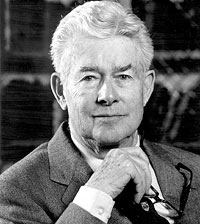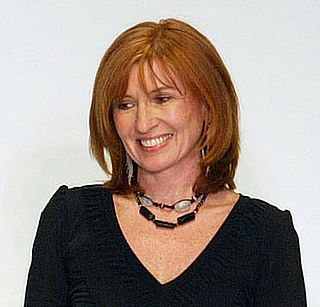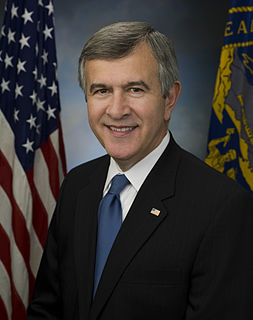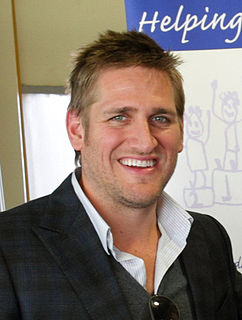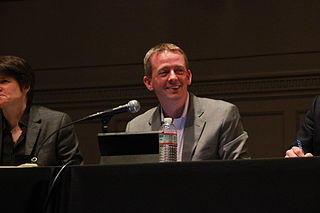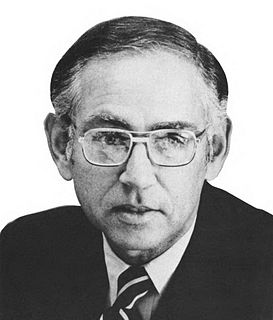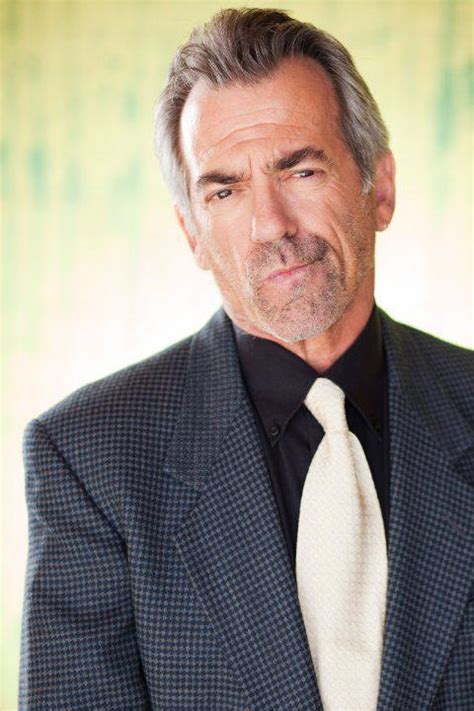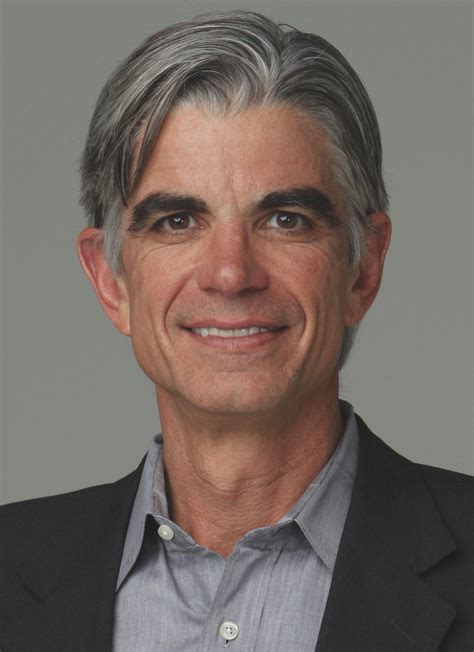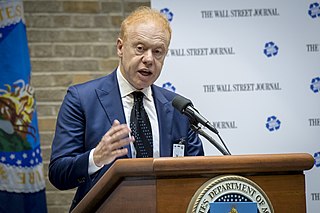Top 1200 Food Industry Quotes & Sayings
Explore popular Food Industry quotes.
Last updated on December 22, 2024.
Between food and fashion, there's always a direct correlations - designers have forever done prints with food on them. Vegetables, fruit, apples. There are some beautiful prints that have been made with fruit over time. I think food and restaurants have become more and more fashionable over time. That's become more of a fashion thing than fashion becoming a food thing. I don't think fashion has gotten so food oriented in the reverse aspect, but I think the whole food industry has gotten very design oriented. I think it's a nice way of putting things together.
The growth of the American food industry will always bump up against this troublesome biological fact: Try as we might, each of us can only eat about fifteen hundred pounds of food a year. Unlike many other products - CDs, say, or shoes - there's a natural limit to how much food we each can consume without exploding. What this means for the food industry is that its natural rate of growth is somewhere around 1 percent per year - 1 percent being the annual growth rate of American population. The problem is that [the industry] won't tolerate such an anemic rate of growth.
With the Industrial Revolution, the production of food was delegated to big companies in order for women and men to be in the labour force, to come home, stick something in the oven, and eat. It became a big industry that does not have a love affair with food nor is really concerned about nurturing you or giving you the right nutrition.
To a very great extent, it's the fast-food industry that really industrialized our agriculture - that drove the system to one variety of chicken grown very quickly in confinement, to the feedlot system for beef, to giant monocultures to grow potatoes. All of those thing flow from the desire of fast-food companies for a perfectly consistent product.
Part of what the food industry does with public relations, just like the chemical industry or the oil industry, is to try to erase their fingerprints from their messaging. So when consumers hear about a recent effort like the "food dialogues" put on by a group called the US Farmers and Ranchers Alliance, do they know necessarily that these "dialogues" are being funded by companies like Monsanto, a large chemical company and the controller of most of the patents on genetically modified seeds? No, they don't.
Advertising has moved online, with the rise of the 'advergame.' These are compelling online games, often aimed at the under-15s, designed to promote a high-fat or high-sugar food or drink. Advergames are advertising disguised as entertainment. If they didn't work, the food and drink industry wouldn't be investing in them.
If there was ever a food that had politics behind it, it is soul food. Soul food became a symbol of the black power movement in the late 1960s. Chef Marcus Samuelsson, with his soul food restaurant Red Rooster in Harlem, is very clear about what soul food represents. It is a food of memory, a food of labor.
Those of us who think about what we eat, how it's grown, those of us who care about the environmental impact of food - we've been educated by fabulous books, like Fast Food Nation and documentaries like Food Inc. But despite these and other great projects that shine a critical light on the topic, every year the food industry spends literally tens of millions of dollars to shape the public conversation about our food system.
